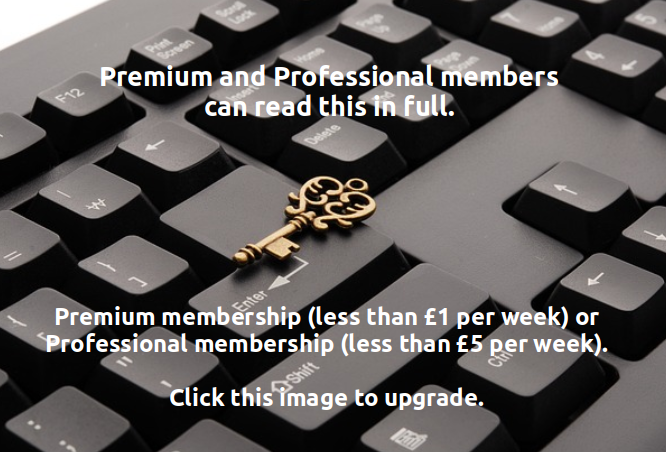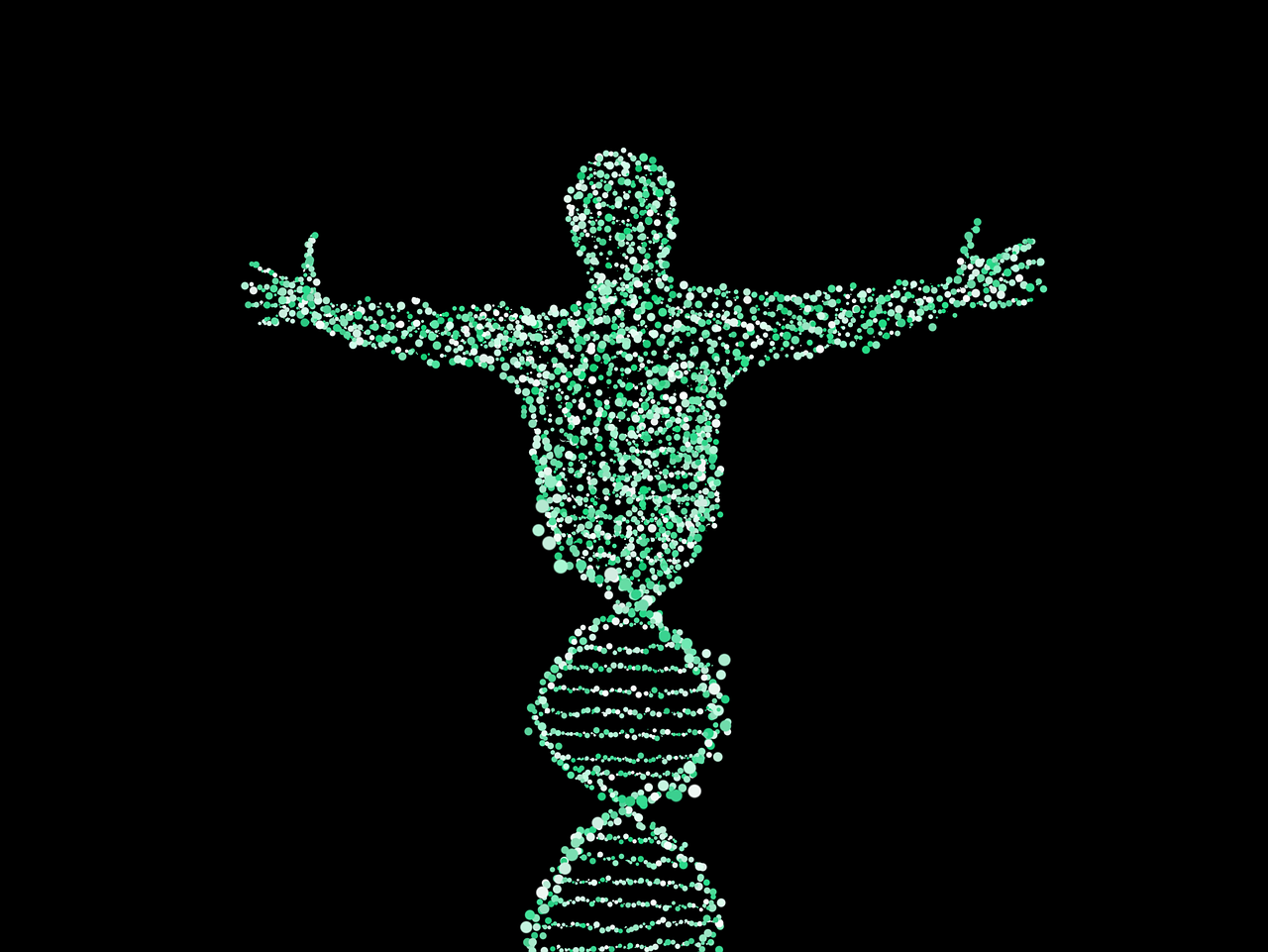
Bridging the gap 25.23
In case you missed it ...
Not a subscriber yet? Click here ('Bridging the gap' is free)
Here is a selection of recently published articles that our subscribers get to read in full.
- Making money from coffee waste (Greener Energy Applications, Agriculture / Natural Capital)
- Living longer - please do take this personally (Health and Wellness)
Plus a few from the archives:
- The return ripple from impact investing (Transitions / Human Rights)
- Reducing electricity demand and still staying cool (Electricity systems, Built Environment)
- The ESG debate is becoming too simplistic (Transitions / Human Rights)
What subscribers are reading this week
Making money from coffee waste
(Greener Energy Applications, Agriculture / Natural Capital, Premium and Professional)
Alternative uses for coffee waste might seem a niche topic, too small to be worth reading about, but the lessons we can take from this have much wider importance. They illustrate that while the sustainability transitions are partly about regulation and technology, they are also about thinking about challenges in a different way.
Most of what we read in relation to 'recycling' coffee waste relates to what happens to the disposable cups, and what we can do with the used coffee grounds - focusing on the 'end user' part of the process.
However, the bulk of the waste produced comes from the upstream processing of the coffee beans. It is estimated that each kg of coffee produced using the dry processing method generates 0.5 kg of coffee pulp and husk. This falls to 0.2 kg if the wet process is used, but then you have a lot more 'polluted' water to dispose of safely.
Global coffee production delivers more than 23 million tons of waste every year. While some of this is still dumped, much of it is composted to produce fertiliser, a useful but rather low value by-product. But there are more innovative uses, including using it as a feedstock in biodigesters, and potentially as a raw material for the production of higher value nutraceuticals.
So good news that coffee waste could make a good feedstock for the production of biogas. The bad news is that it’s not just a case of putting the ‘waste’ into a biodigestor. Coffee farmers are going to need help, both technical and financial, if we are to turn this challenge into an opportunity.
There is the obvious angle of enhancing the value of a crop (in this case coffee beans), by changing our thinking about what is 'waste'. But there is another angle - impact. According to Fairtrade 25 million smallholders produce 70-80 percent of the world’s coffee. Many of them live an almost subsistence existence, so helping to expand their revenue sources can help enhance the resilience of their communities. So a double win, but sadly (as is often the way in sustainable investing), not an easy one.
Link to blog 👇🏾


Living longer - please do take this personally
(Health and Wellness, Premium and Professional)
As a teenager I missed out on teenage acne. Sure I had the occasional 'Mount Vesuvius' but largely I was blessed with relatively unblemished skin. However, wind the clock forward about fifteen years and the demons of puberty joined forces with the stresses of working on a trading floor to announce themselves as adult acne or more specifically acne rosacea and seborrheic dermatitis. I went to see a specialist and was prescribed low dose doxycycline which was a common treatment as it attacked the bacteria on the skin that caused the breakouts. Unfortunately some antibiotics can kill useful bacteria in the gut. My own experience of feeling sluggish and having pretty regular stomach upsets attests to that and I eventually stopped taking them.
I then took a food intolerance test which is more accurately a food sensitivity test that identifies what particular foods cause inflammation in me personally. Changes that I made to my diet based on the results had a dramatic impact, in particular reducing to a bear minimum the amount of dairy that I was consuming. Now my skin only breaks out on 'cheat days.'
Food intolerance tests are part of a growing approach and industry - personalised medicine. We all respond to our environment in different ways. The same is true of disease and medication. Personalising health care could prevent and treat issues more effectively.
We discuss that in this Quick Insight looking at early success with an mRNA vaccine for pancreatic ductal adenocarcinoma, one of the deadliest cancers.
Link to blog 👇🏾

From the archives
The return ripple from impact investing
(Transitions / Human Rights, Premium and Professional)
Impact investing has seen massive growth and is now more than a US$1 trillion market. We look at an example of where the strategy can have the wrong focus and execution (Home REIT), as well as examples of where the longer term benefits can be material (Clean water and sanitation, domestic violence services and the Mectizan Donation Program).
'Doing well by doing good' is a careful balance with potentially direct and immediate sacrifices of some return resulting in longer term benefits to society as a whole.
Impact investing seeks to improve lives either through social or environmental projects. It has grown materially in the past decade and can have important leveraged impacts developing local communities, reducing the draw on social services, improving lives and providing economic sustainability.
Link to blog 👇🏾

Reducing electricity demand and still staying cool
(Electricity systems, Built Environment, Professional)
For many in the world, staying cool in the heat of summer is as important as staying warm in the winter is to those of us who live in the the northern latitudes. And yet it often gets a lot less attention in the electricity security and supply debate. As the world continues to warm, and as those in the Global South become more affluent, this is going to become an increasingly important contributor to electricity demand. The good news is that there are solutions - among which demand management is potentially one of the most powerful and (technically) easily implemented.
When most people think about the security of electricity supply they tend to start from "making sure we have enough supply to meet demand". But what if we turn the question around. Instead of thinking about electricity demand as being fixed, why not start with "what demand can we shift into periods of surplus or cheaper supply". Welcome to the world of demand management - probably the least known, but potentially most important tool we have for decarbonising our electricity systems.
Link to blog 👇🏾

The ESG debate is becoming too simplistic
(Transitions / Human Rights, Professional)
As Albert Einstein is supposed to have said ..."Everything Should Be Made as Simple as Possible, But Not Simpler."
Why is this a problem that we should care about? The obvious answer is that if the language we are using is inadvertently confusing our shareholders/lenders and our clients, that is a dangerous place to be in an industry that relies on trust.
Plus, if we accept that the finance sector needs to act to support the sustainability transitions, then we also need to understand exactly how this can happen. Which means we need to understand the real world complexity.
Knowing the ‘what’ and ‘why’ of the requirement for investment helps us avoid green washing and green wishing (hoping that an easy and cheap solution makes the problem go away). Put simply, it allows us to better allocate our capital to projects that make a real difference. For really complicated sectors such as mining, O&G, and heavy industry, where we need to think long term, we need to get really "down into the weeds". Simplified solutions don't help.
We need to make our explanations longer and more complex. And make them more about education, and less about selling.
Link to blog 👇🏾

Become a subscriber
Click here to joinPremium subscribers get to read in full...
- 'Quick Insights'
Designed to be short, easily digestible summaries to educate and stimulate thought and further exploration. 3-5 minute reads.
Professional subscribers get to read in full everything that Premium subscribers get plus...
- 'Perspectives'
Our unique perspective, based on our decades of financial and sustainability experience, on a key news story, development or report that is impacting sustainability investing, decision-making and transitions. We encourage you to think laterally. 5-6 minute reads.
- 'Deep Dives'
Setting the scene in more detail to aid understanding of how the transitions will develop and thinking laterally. 10-12 minute reads.

Please forward
to a friend, colleague or client
If this was forwarded to you, click the button below and sign up for free to get this email, 'What caught our eye' and the 'Sunday Brunch' in your inbox every week.
Please read: important legal stuff.
